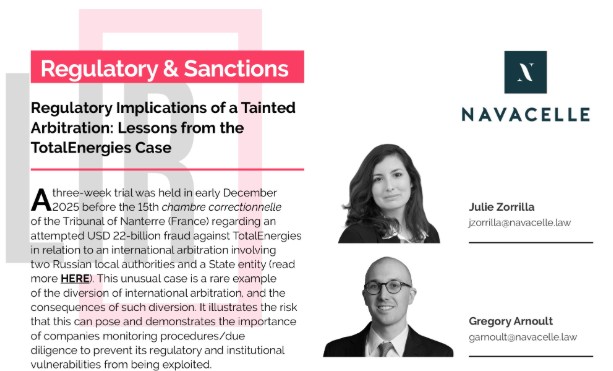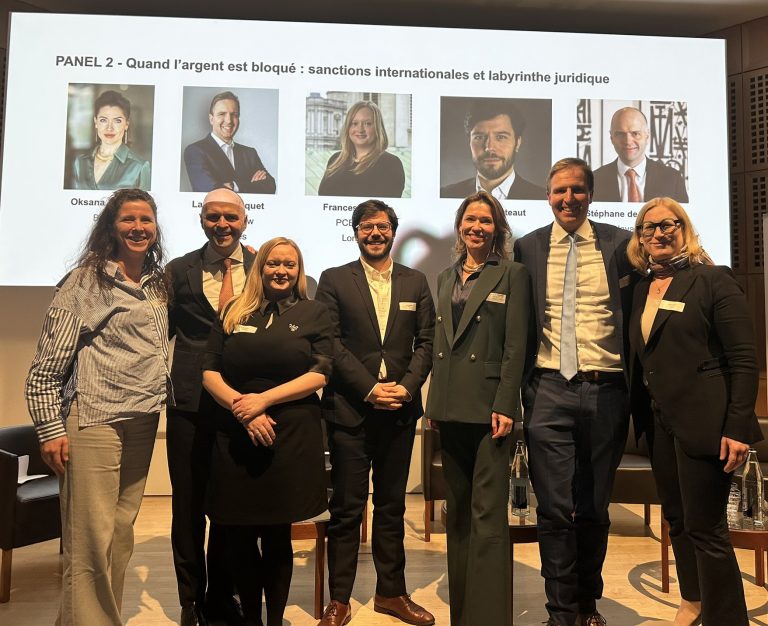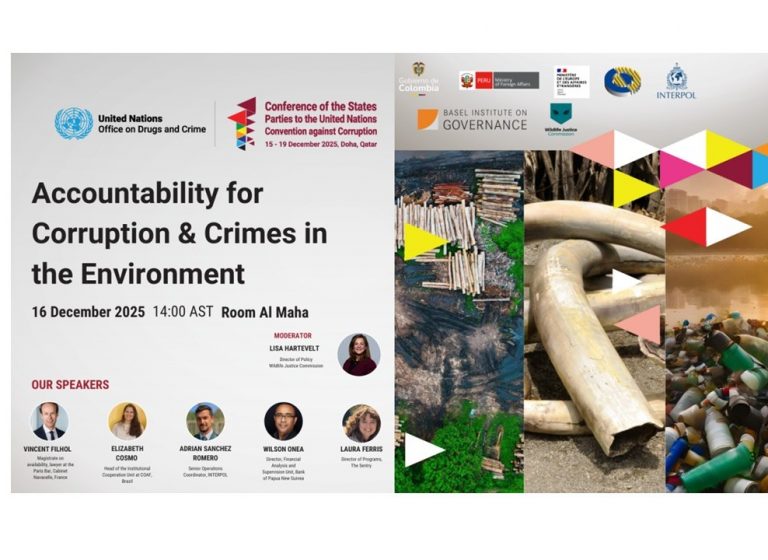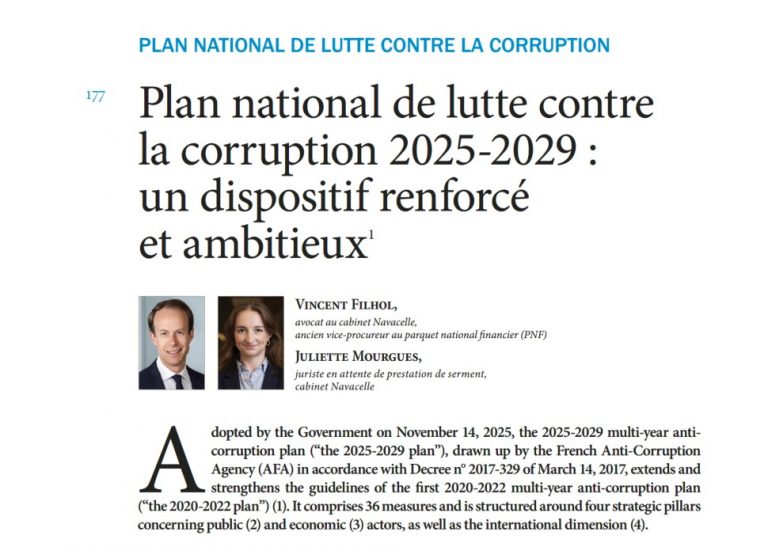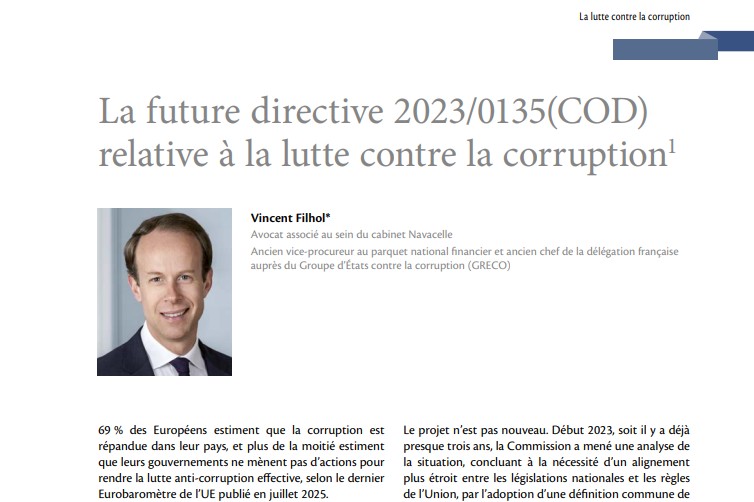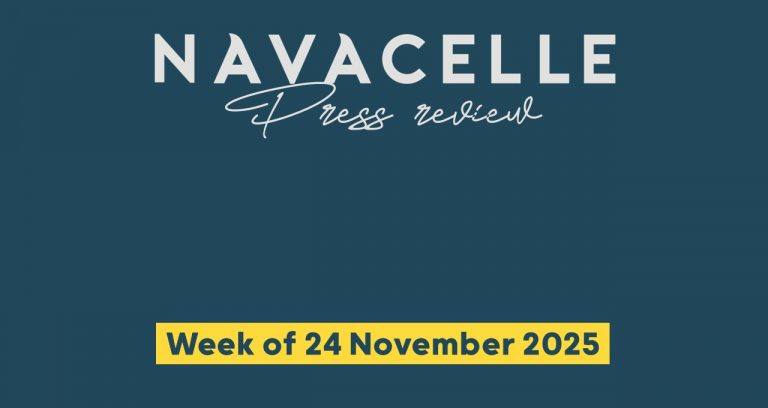Since 1920, the tax authorities have had the exclusive right to initiate criminal proceedings for tax fraud, thus constituting a major exception to the principle of prosecutorial discretion normally reserved for the Public Prosecutor. This mechanism was an expression of the tax authorities’ power of decision and transaction, which, by virtue of this exclusive right, encouraged tax evaders to settle with them.
The law of October 23, 2018, put an end to this privilege by creating an obligation for the tax authorities to report to the Public Prosecutor any tax fraud that has led to an adjustment of more than €100,000 accompanied by the most serious penalties, i.e. 100% and 80%, or 40% in the event of a repeat offence over the last 6 years.[1]
In its ruling of 23 May 2024, the Cour de cassation (French Supreme Court) ruled on the balance between the tax authorities’ power to settle and the obligation to report tax fraud to the Public Prosecutor’s Office in the event of an amended tax return (I), adopting a strict interpretation of the law (II).
I. The balance between the mandatory disclosure obligation and the tax authority’s power to settle in the event of a corrective declaration by the taxpayer
The obligation set out in article L 228 of the French Tax Procedures Code, which puts a partial end to the Bercy lock by obliging tax authorities to report the most significant tax frauds to the Public Prosecutor, is subject to an exception in the event of a spontaneous rectification by the taxpayer.
This exception makes it possible to combine the objective of combating tax fraud, illustrated by the new whistleblowing obligation imposed on the tax authorities, with their power to compromise with the taxpayer, which they regain when the taxpayer makes a spontaneous regularization declaration.
Tax legislation allows taxpayers to regularize their situation spontaneously, i.e. before any administrative action such as (i) a tax audit, (ii) a notice of audit or (iii) an administrative or judicial investigation.[2]
This possibility of spontaneous regularization was introduced as part of the regularization of assets held abroad in 2013. With the aim of combating the holding of assets abroad, the tax authorities introduced a favorable regime for taxpayers who spontaneously disclosed the existence of such accounts.
In its ruling of 23 May 2024, the Criminal Division of the Cour de Cassation first recalled that, in the case of a spontaneous rectification declaration by a taxpayer, the initiation of public proceedings must be preceded by a complaint from the tax authorities, lodged with the approval of the Tax Offences Commission[3], before pointing out that the rejection of this spontaneous declaration by the tax authorities leads to a return to the principle and implementation of the obligation to report tax fraud to the Public Prosecutor’s Office.
II. Strict approach to the exception to the mandatory denunciation mechanism in the event of an amended tax return by the taxpayer
The case concerned a French taxpaying couple who had used the amending declaration service to declare the existence of their assets in Switzerland. The couple had submitted a rectifying declaration in 2017. In January 2018, they were informed that they were subject to a contradictory audit of their personal tax situation for the years 2015 and 2016. At the end of 2018, both spouses received two proposals for tax adjustments. In 2020, the tax authorities reported the tax fraud to the public prosecutor on the basis of article L 228 of the French Tax Procedure Code.
Following their referral to the criminal court for tax fraud, the taxpayers invoked the exception provided for in the last paragraph of I of article L 228 of the French Tax Procedure Code [4], under which spontaneous regularization by a taxpayer prevented the administration from reporting the facts to the public prosecutor.
The Criminal Court and the Versailles Court of Appeal followed this line of argument and cancelled the couple’s summons to attend court and the related proceedings, considering that, since the taxpayers had spontaneously regularized their tax affairs, they could not be subject to mandatory reporting to the Public Prosecutor’s Office as they fell within the conditions of the last paragraph of I of article L 288 of the French Tax Procedure Code.
The Cour de cassation then interpreted paragraph 8 of article L 228 of the French Tax Procedure Code, which provides for the exception, strictly, holding that this paragraph only excluded the principle of mandatory reporting to the Public Prosecutor’s Office when the spontaneous rectification declaration had not been rejected by the tax authorities. Noting that the assessment of the validity of the rejection was not a matter for the criminal court but for the tax court, the Cour de cassation affirmed that despite the spontaneous rectification relating to the existence of foreign bank accounts, the tax authorities’ rejection of the latter allowed for a report to be made to the Public Prosecutor under article L 228 of the French Tax Procedure Code.
